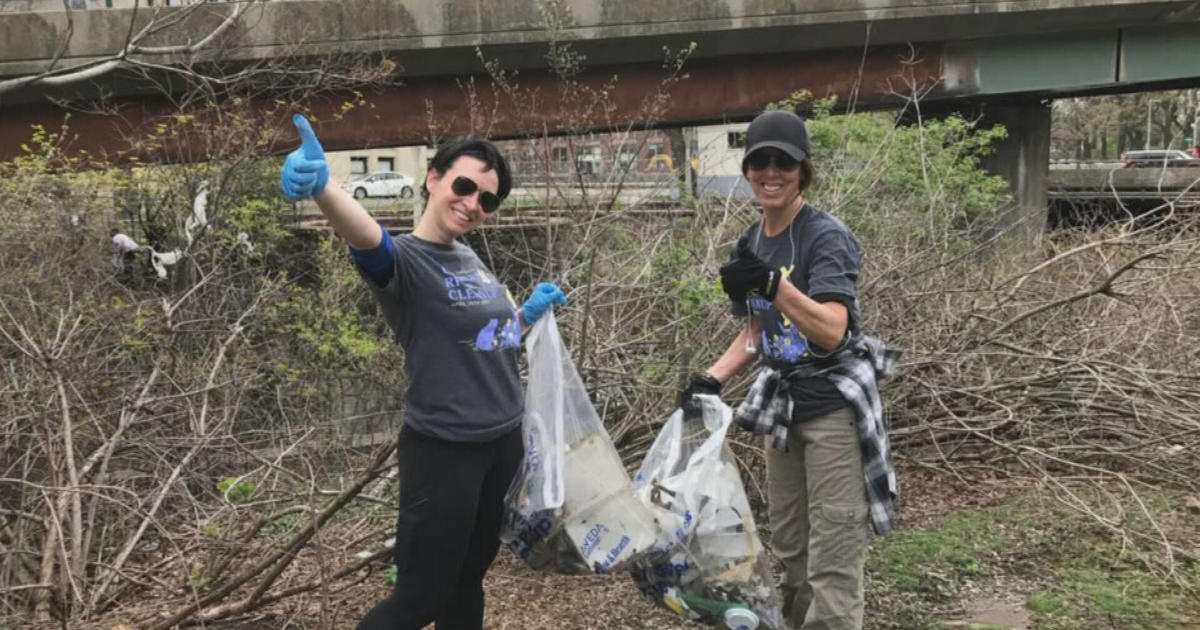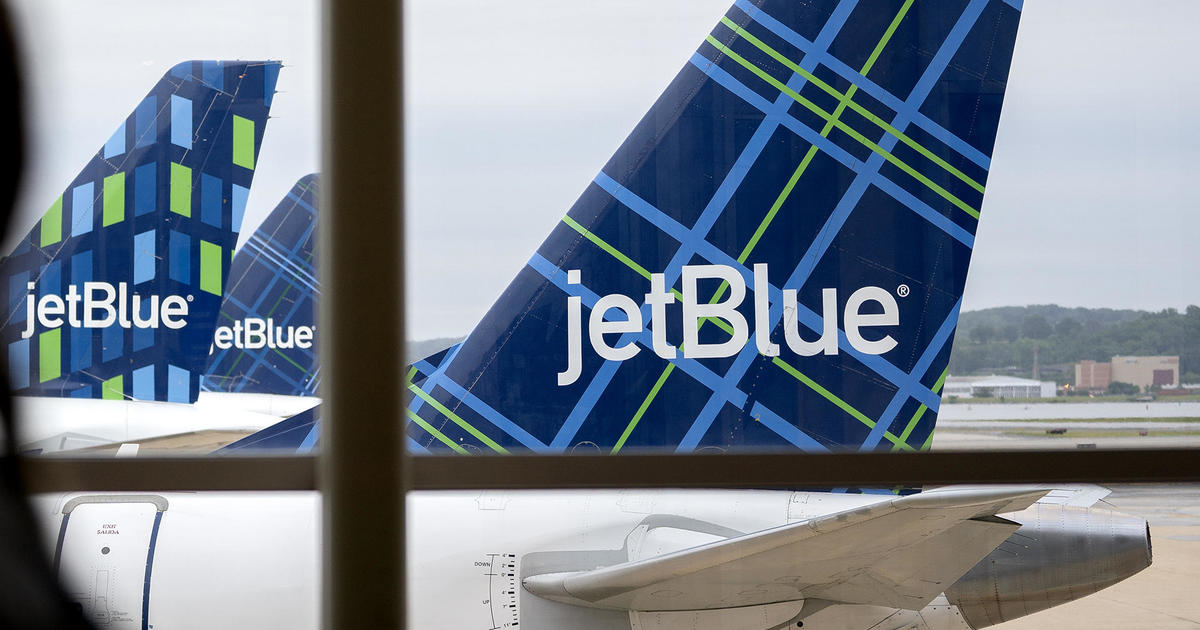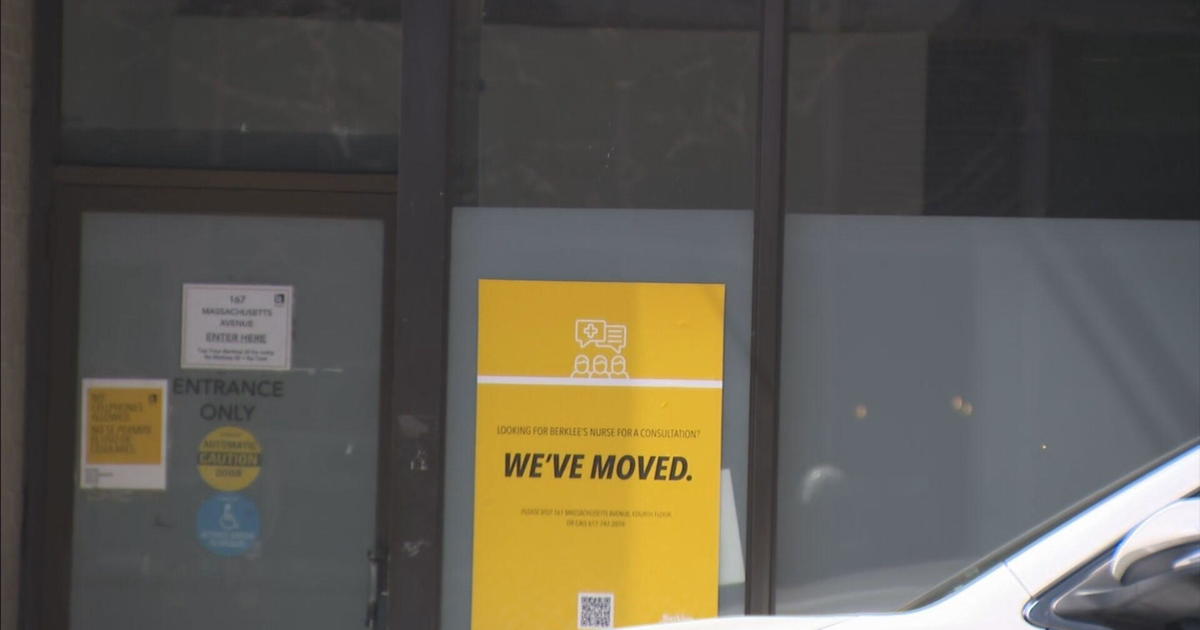JPMorgan Chase CEO Jamie Dimon Hopes Investing In Boston Will Improve Racial Equity
BOSTON (CBS) - JPMorgan Chase is in the midst of a long term $30 billion commitment to advancing racial equity in U.S. cities, including Boston.
Jamie Dimon, the chairman and chief executive officer of JPMorgan Chase, talked to WBZ-TV's Paula Ebben Thursday about how the effort will bring change to the way business is done in the city.
PAULA EBBEN: JP Morgan Chase has committed $30 billion to advance racial equity, and that means investing a lot of money in Boston – why Boston?
JAMIE DIMON: "Boston was my hometown for years. I went to Tufts University. I worked here with the Harvard Business School, but it's also a great town, I love the town, it's got huge money management here, capability. We're opening, we have investment banking, private banking, now we have 30 branches here which is new, and we are doing quite well and then we come in and we try to do everything, which includes philanthropy, financing entrepreneurs of color, affordable housing, mortgages to Black families. And so we're just making the same effort here we're doing a lot of the places."
PAULA EBBEN: You've talked about breaking down barriers of systemic racism. How does a bank do that? Where will the money go?
JAMIE DIMON: "So, $8 billion for mortgages, and we actually track it. So we actually look at what we have – loan officers, we need them, go to majority minority neighborhoods, how many loans are we making last year, how many are we making this year? Hire and train loan officers, we're hiring and training Black financial advisors. Affordable housing is basically number of units. So there's $12 billion for that. That's not philanthropy, there is philanthropy around certain education things – startup funds for certain homeowners and so we try to, we try to track everything on a very detailed level, and it takes place at the local level. So, I can say whatever I want at corporate headquarters, the question is – what do we do in Boston for the Black community and on these efforts we're trying to make."
PAULA EBBEN: How do you measure success?
JAMIE DIMON: "It's going to be area by area, I mean more as you make more loans or higher, how many savings accounts you open, the branch doing well, but we have some, we call it a community branch, where it's bigger and you bring in the community for financial education, small business education, etc. So we're pretty tough on ourselves and report to the world. We're not going to hide it, we try to be very clear about what we're trying to accomplish."
PAULA EBBEN: $7 million last year went to EdVestors which is a non-profit which helps the Boston Public Schools. In that area, it's going to be more career and college oriented goals. When it comes to housing and banking – those metrics are very clear. In education – how will you measure (success)?
JAMIE DIMON: "So here's what I want to do, education is a tough one, but I think we've got to learn to measure education by output – by outcome. How many kids went through that process - high school or community college, and did they get a well-paying job? And so the educator, the business can help because we know we're training, not just us, but any bank or any company, might need AI or cyber or advanced manufacturing skills – something like that – but it should be the outcome."
Watch more of Paula's extended interview with Jamie Dimon in the video above to hear his thoughts on the post-pandemic economy, concerns about inflation, getting back to work at the office and China.



